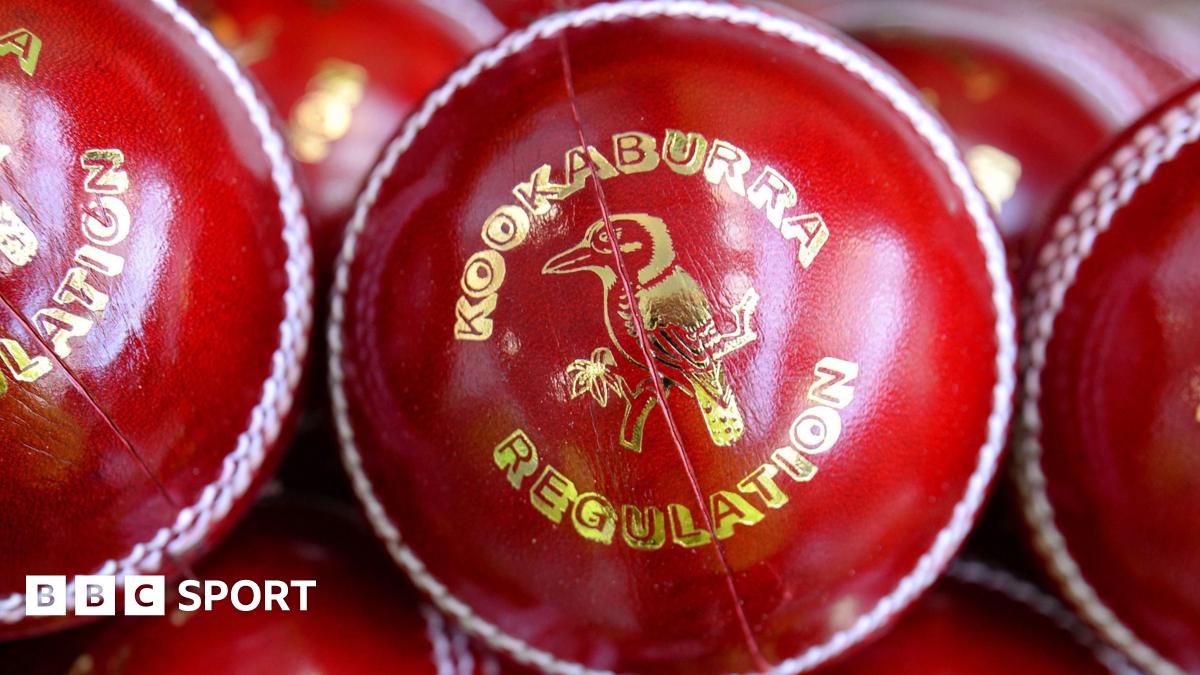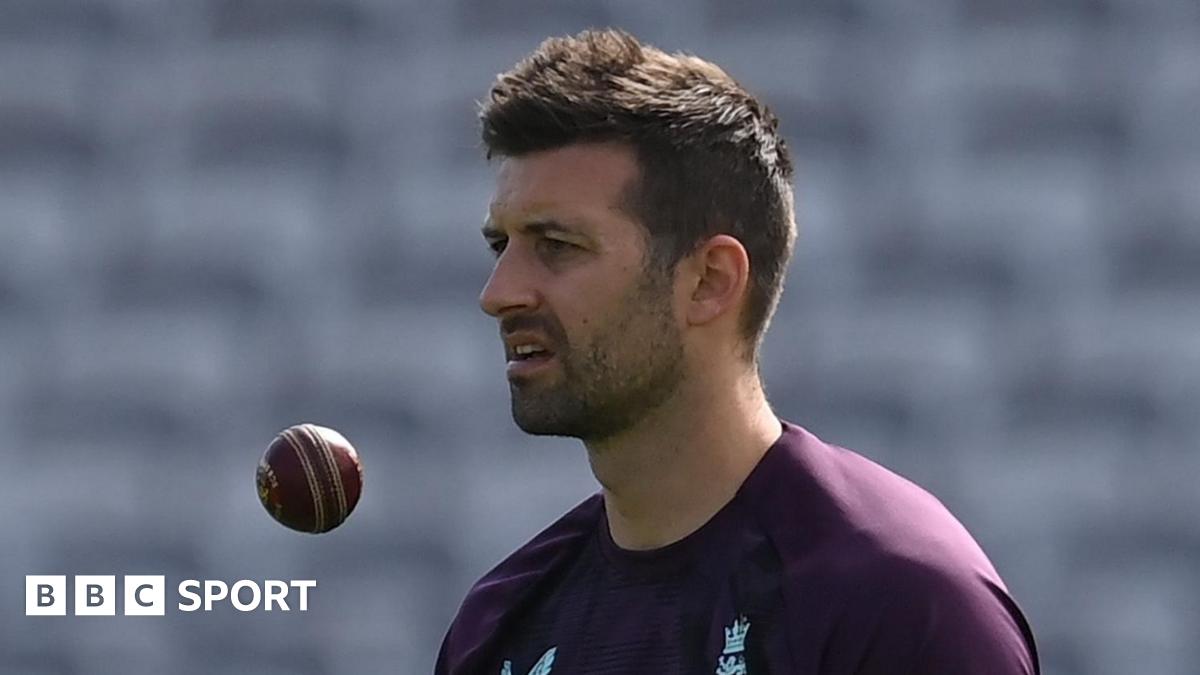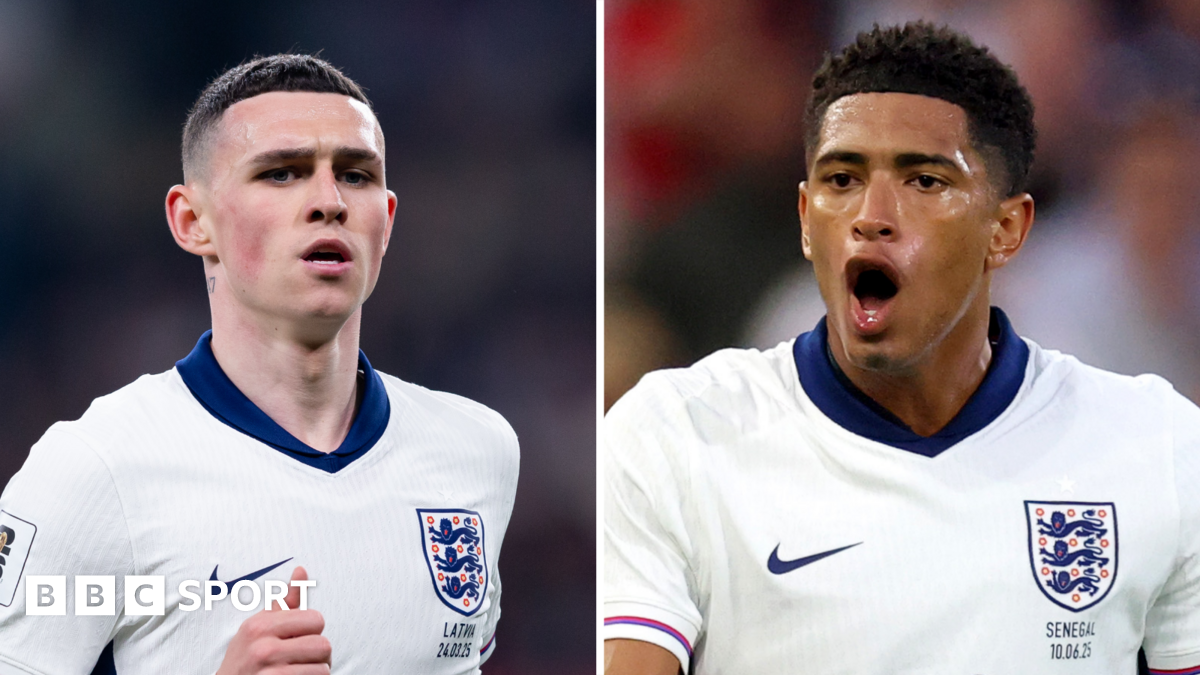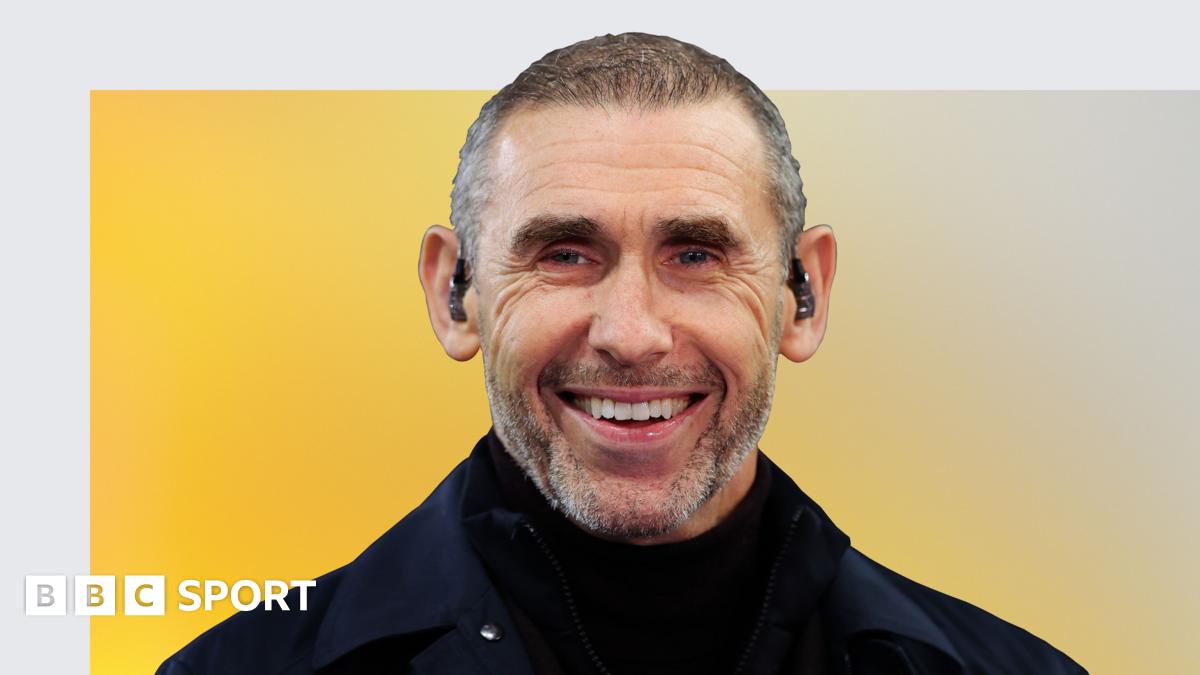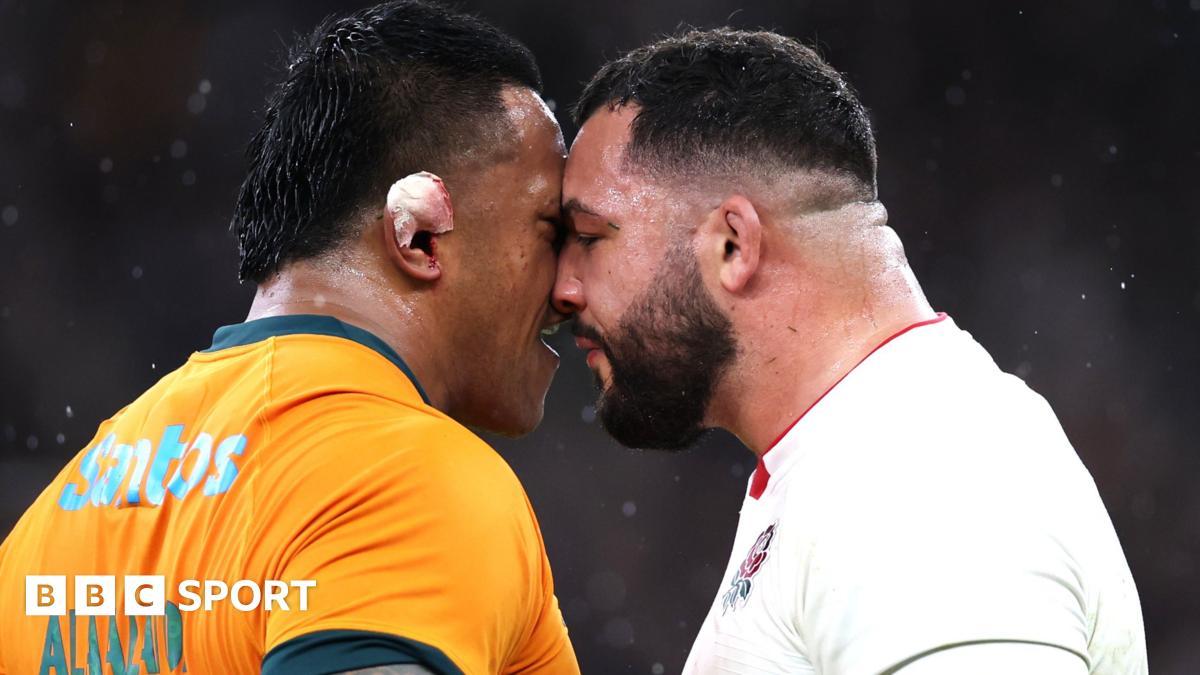Autumn Nations Series: Ireland v Japan
Venue: Aviva Stadium, Dublin Date: Saturday, 8 November Kick-off: 12:40 GMT
Coverage: Commentary on BBC Radio 5 Sports Extra 3, BBC Radio Ulster and BBC Sounds, live text commentary on the BBC Sport website & app
Whether you love him or not, when Eddie Jones speaks, you tend to listen.
From his underdog heroics with Japan in 2015, the blunt end to his trophy-laden spell as England boss or two contrasting spells with Australia - he has seen it all in 30 years of coaching.
Often outspoken, he can be viewed as a polarising figure but no one can accuse him of not caring about rugby.
And he has a plan to fix the sport he loves.
Speaking on the Ireland Rugby Social podcast before Japan's game in Dublin on Saturday, he laid out the big changes he would make.
"In terms of professionalism, there's no doubt we are at a financial point where something is going to have to give," Jones said in Dublin.
"International teams are playing closer to 15 Tests because everyone needs more money. Say that takes up to 22 weeks, which leaves 30 weeks left of the year. How can you have a strong domestic season?
"The obvious answer is everyone has 10-team comps and they all play at the same time, and then you have a window for a Club World Cup competition that is the icing on the cake.
"But that's going to take a huge realignment of World Rugby and I think we need to get to that."
Jones is not only passionate about international rugby, which remains "massively attractive", but also the club game - which he says is struggling.
The 65-year-old feels Super Rugby in Australia and New Zealand is "dead", and said the Prem in England has "massive problems".
Jones also feels there are issues which are not well known in France's Top 14, says rugby in Japan relies on commercial sponsorship and investment, while the USA's top tier has dropped to six teams.
In his words: "It's not a healthy situation".
He points to cricket's Indian Premier League, an annual Twenty20 tournament which allows franchises to bid at auction for some of the sport's biggest global stars.
"We need to find a way to get more money and finance into the game," Jones added.
"I think sports fans want to see something fast and exciting now.
"Do we need a hybrid game at the domestic level that is more exciting?
"Have the serious domestic comps, and then have some IPL-type, 12-a-side or some sort of concept that encourages new fans to come in."
When asked if the proposed R360 league was the answer to that problem, Jones remained unconvinced.
"They must have plenty of money," he said.
"If they want to ship six teams into a city and play games, I imagine the only players who will go in the first instance will be players who are finished at the top level, who want a bit of fun and get paid well and that is great.
"Will it bring something different to the game? If it survives, maybe."
Jones' concerns stretch to how the game is officiated.
He said the television match official, or TMO, is "killing the game" and pointed to Tadhg Beirne's controversial red card in Ireland's defeat by New Zealand in Chicago, which he called a "farce".
He said: "It's two of our best teams and we have the referee running to this little monitor.
"We just can't have that."
Jones also feels that constant interruptions from match officials break up the flow of the game, and the number of stoppages means that players are no longer suffering from fatigue in matches.
He feels it is getting so bad that teams could start going for an eight-zero split on the replacements' bench as "you'll only need forwards to play the game".
Jones said on his ideal amount of TMO involvement: "I think we should go to goalline decisions, just three phases before the goalline.
"And if you see a red card offence that has been missed, you can come in.
"Otherwise leave it to the referee, accept we're going to make mistakes, and pour as much money as we can into referee development."
Jones may now be 65 but he has no intentions of slowing down any time soon.
He had a short second stint as Australia's head coach in 2023, which ended after nine matches in as many months and an early World Cup exit.
There was speculation he had spoken to Japan before he had departed his role as the Wallabies boss, which he has previously denied.
But before the year was out, he was back in charge of the Brave Blossoms for a second spell.
"I wanted to do Australia or Japan for the World Cup in Australia," Jones said.
"The first choice was Australia, but because of circumstances - a lot was beyond my control but in the year I had I didn't coach well.
"I tried to do things too quickly. Then Japan became an option."
Jones had spoken about his desire to improve rugby globally but his immediate ambition is to keep developing the sport in Japan.
"I've been in the coaching game for a long time and I want to make Japan, within the conditions we've got, sustainably successful," he said.
"Those teams in 2015 and 2019, sometimes you are lucky when a group of players come through at the same time and they help you win.
"But then they don't always come through, and you have to create a system that Ireland have where the development of players is consistent.
"I'm trying to encourage the Japan Rugby Union, within the university structure, to how we can create a mini high performance environment so the kids can come through a bit quicker."
Jones has a contract until the World Cup and then "we'll take it from there".
But, he says, after giving so much to the game over three decades of coaching, it may be his wife Hiroko who has the final say.
"I don't have any preconception [about how long he will coach for] and maybe my wife will make the decision this time," he said.
"But I'll go to the World Cup and we'll take it from there.
"I love the game and I love coaching. I want to see the game get better. We need to sort the game out."
Listen to the Ireland Rugby Social podcast on BBC Sounds.

 4 hours ago
1
4 hours ago
1


